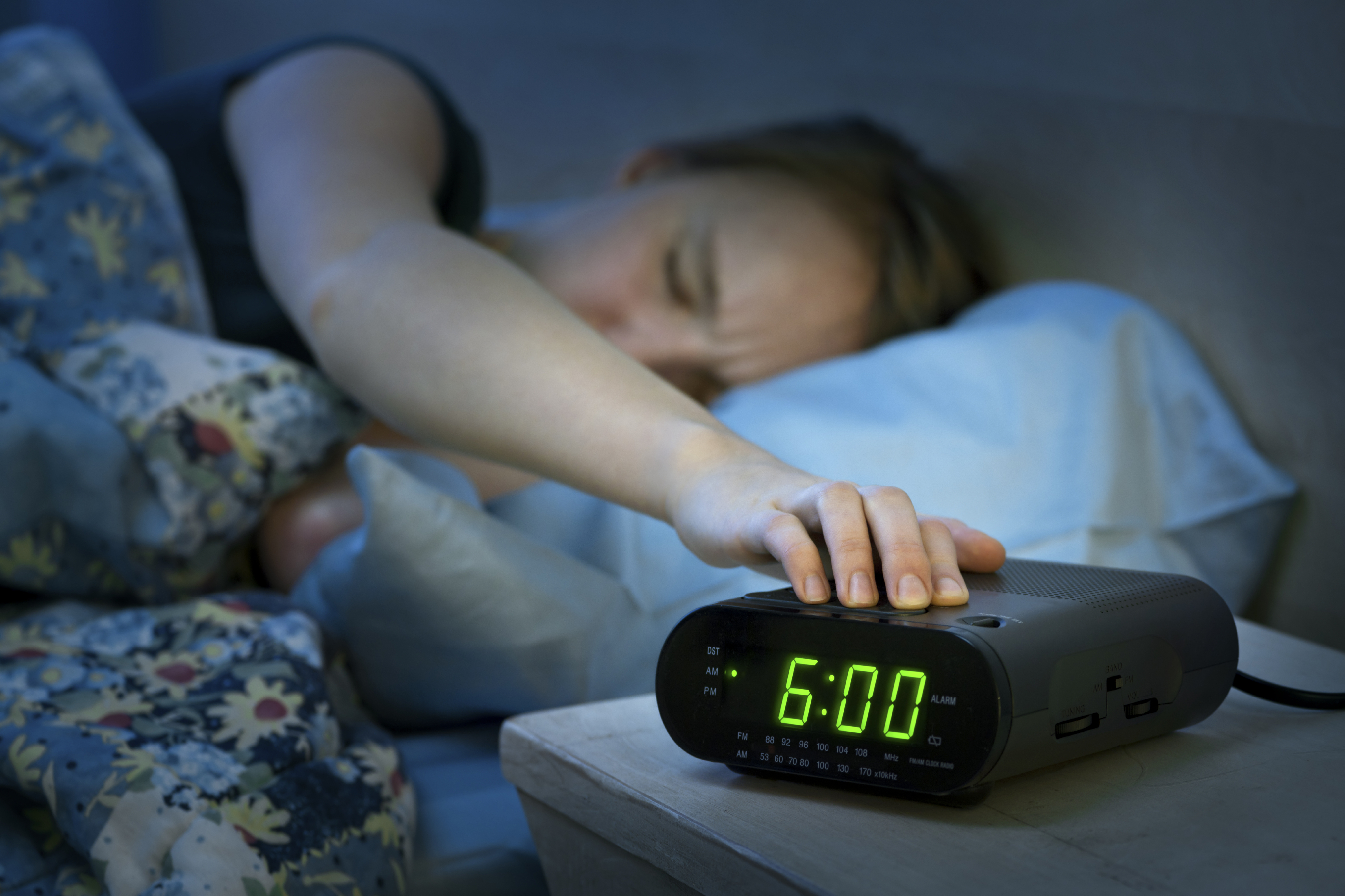Is Being a Night Owl All That Bad?

(This content is being used for illustrative purposes only; any person depicted in the content is a model)
Rise and shine!
Oh, the morning time. How I love thee…
Not!
I hate to admit it, but I am not a morning person. I wished for so many years that I would become one, but it still has not happened yet. While I may have morning “phases,” I have never been a regular morning person. I only wake up in the mornings when I have something important planned or if I am starting a new workout routine (for the billionth time). Truth is, I am a self-confessed night -owl. Even my college mascot was an owl!
All of this has resulted in me pondering the difference between evening and morning people. While early birds drift away in the earlier hours of the night, night owls are just beginning the peak of their day. However, the difference between the two types goes far beyond the time they go to bed. Morning types are seen as trustworthy, organized, and emotionally stable. On the opposite spectrum, night owls are seen as creative, emotionally unstable, troubled types.
Could these commonly held conceptions hold any truth?
Researchers have studied this phenomenon and have determined there are real divergences between Early Birds and Night Owls.
Here are three ways early birds and night owls differ:
- Personality
Who is darker and deeper? You guessed it, night owls. Researchers conducted an online study with a sample of 263 university students. They assessed their personality traits by analyzing their “Dark Triad” personality traits. The “dark triad” personality traits consist of traits like
Narcissism: “extreme selfishness, with a grandiose view of one’s own talents.”
Psychopathy: “mental illness or disorder.” and
Machiavellianism: “a person’s tendency to be unemotional, and therefore able to detach him or herself from conventional morality and hence to deceive and manipulate others.”
The investigators found that significantly more people who had these traits had a natural tendency to be evening people. From an evolutionary perspective, researchers believe this may be due to these personality types using the night to their advantage due to limited alertness and limited monitoring that the evening brings. - Creativity
Night owls are more creative than early birds. In a study that compared larks and owls, they found that night owl had a higher level of creativity. The study measured subjects on flexibility, originality, and elaboration. The researchers found that evening types score higher on flexibility, originality, and fluidity than the early types. Night owls tend to enjoy spending long periods at night exploring artistic ventures. Their creativity tends to thrive in the dimmer light. - Punctuality
You guessed it. Night owls are not great at being on time at all. Researchers observed university students on their first day of class at 8:15 am. Participants filled out questionnaires that asked the traits of morningness and punctuality, essentially an edited version of the Big Five Personality Test. The sample composed of 267 individuals with an average age of almost 23. The results said a lot. Morning types were more alert and aware. They also scored higher when it comes to punctuality. When it came to actual arrival time, morning people tended to show up to early a.m. classes on time while owls tended to show up later.
Overall, Snoozers Are Losers
You may be reading this wondering if any of this matters. After all, we are all different and reach our peak of productivity during different hours of the day. However, we live in a society catered to morning types. Seizing the daylight is crucial to success in many professions.
Our bodies have a natural circadian rhythm that determines our patterns of sleep. Sleeping through the night and waking up early morning is a natural sleep cycle. Oversleeping has been linked to depression and mood disorders. In fact, in an article in Psychology Today, the author changed many things in her life including her sleep cycle to obtain a higher level of happiness. She found that the earlier she woke up, the more peaceful she felt in the course of her day. The mornings allowed her time to reflect and enjoy life at the moment before the chaos begins.
When it come to addiction, active drug use can seriously affect your sleep. One of the clear signals of substance abuse is an irregularity in sleep patterns.; Drugs and alcohol alter the natural sleep cycle of the body. Drugs like cocaine can even damage the circadian rhythm and result in insomnia. Even in recovery, it can take time for to the circadian rhythm to return to a more natural pattern.
Sleep is important. There is no denying that. However, what is also important is the way we get our sleep and our sleep cycle. Often, the struggles we are going through in life is reflected in our sleep patterns. If you find you are struggling with your sleep patterns, there are a variety of techniques you can use to overcome it. We are here to help. If you or someone you love is struggling with substance abuse or addiction, please call toll-free 1-800-777-9588.
Author: Shernide Delva
